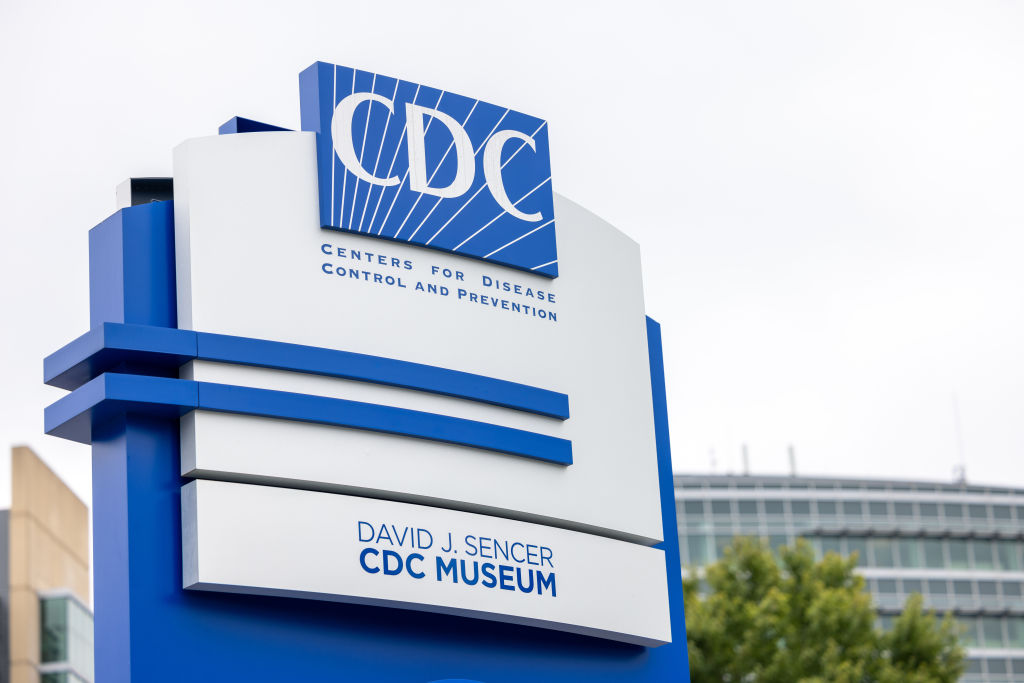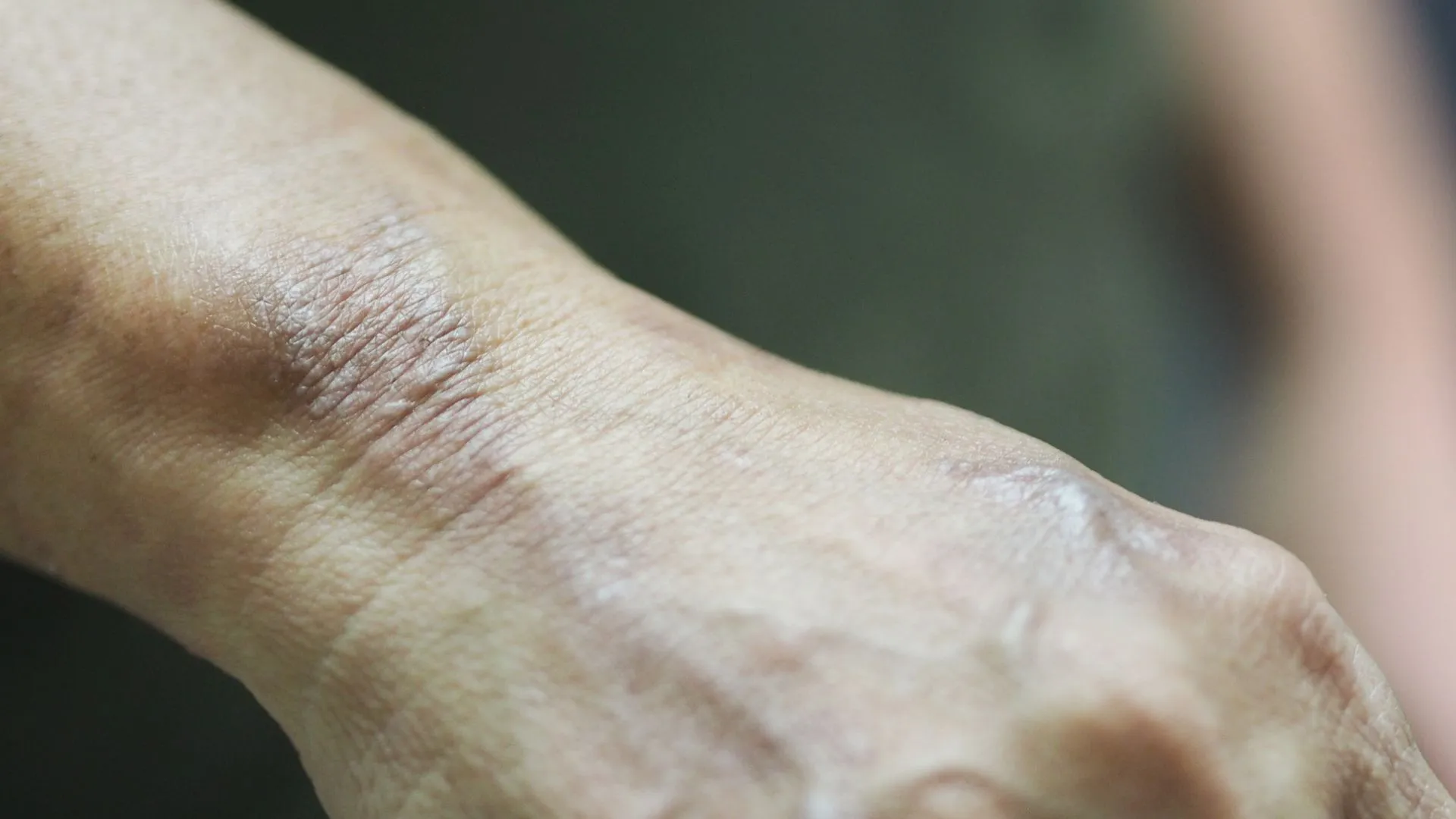Cases of leprosy are surging in central Florida, according to a recent research letter shared by the Centers for Disease Control and Prevention (CDC).
The authors stated that the Sunshine State has “witnessed an increased incidence of leprosy cases lacking traditional risk factors,” with trends contributing to “rising evidence that leprosy has become endemic in the southeastern United States.”
“Travel to Florida should be considered when conducting leprosy contact tracing in any state,” they wrote.
The letter indicated that the number of reported leprosy cases in southeastern states has more than doubled in the last decade.
According to the National Hansen’s Disease Program, 159 new cases were reported in the U.S. in 2020, with Florida among the top reporting states.
Central Florida accounted for 81% of cases reported in the state and nearly a fifth of nationally reported cases.
“Whereas leprosy in the United States previously affected persons who had immigrated from leprosy-endemic areas, ≈34% of new case-patients during 2015-2020 appeared to have locally acquired the disease.
Several cases in central Florida demonstrate no clear evidence of zoonotic exposure or traditionally known risk factors,” the letter noted. Zoonotic diseases are caused by germs that spread between animals and people.
In one case, a 54-year-old man from central Florida, who had no known risk factors for transmission, was diagnosed with lepromatous leprosy.
This type of leprosy is characterized by widespread sores and lesions and is more contagious, according to the Cleveland Clinic.
The man, a lifelong resident of the area and a landscaper, sought treatment at a dermatology clinic for a painful and progressive erythematous rash.

He denied recent foreign or domestic travel, exposure to armadillos, prolonged contact with immigrants from leprosy-endemic countries, or connections with someone known to have leprosy.
A high percentage of unrelated cases in the South were found to carry the same unique strain of M. leprae as nine-banded armadillos in the region, suggesting a strong likelihood of zoonotic transmission.
Many cases reported in the eastern United States, including Georgia and central Florida, lacked zoonotic exposure or recent residence outside the U.S.
The letter suggested that international migration of persons with leprosy might be a potential source of autochthonous, or native, transmission.
The authors said a link to migration might account for the increase in leprosy incidence in historically nonendemic areas. Further reports show that rates of new diagnoses in people born outside the U.S. have been declining since 2002.
“This information suggests that leprosy has become an endemic disease process in Florida, warranting further research into other methods of autochthonous transmission,” they said.
“Travel to this area, even in the absence of other risk factors, should prompt consideration of leprosy in the appropriate clinical context,” the letter added.
The absence of traditional risk factors in many Florida cases and the high proportion of residents who spend a great deal of time outdoors support the investigation into environmental reservoirs as a potential source of transmission.
Prolonged person-to-person contact through respiratory droplets is the most widely recognized route of transmission.
Leprosy, also known as Hansen disease, is a chronic infectious disease that primarily affects the skin and peripheral nervous system. It has been “historically uncommon” in the U.S., according to the CDC.
The World Health Organization says leprosy occurs in more than 120 countries, with more than 200,000 new cases reported every year.
As of 2019, Brazil, India, and Indonesia each reported more than 10,000 new cases, while 13 other countries each reported 1,000-10,000 new cases.
